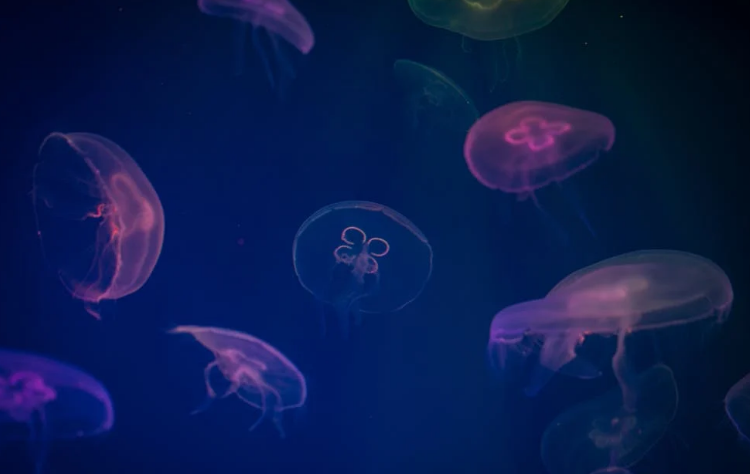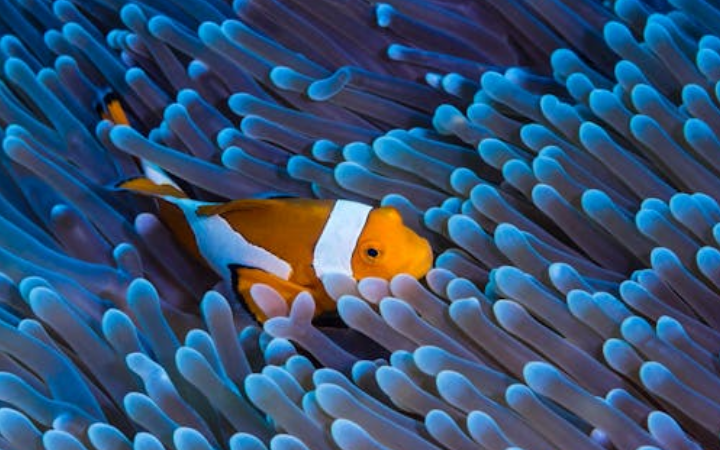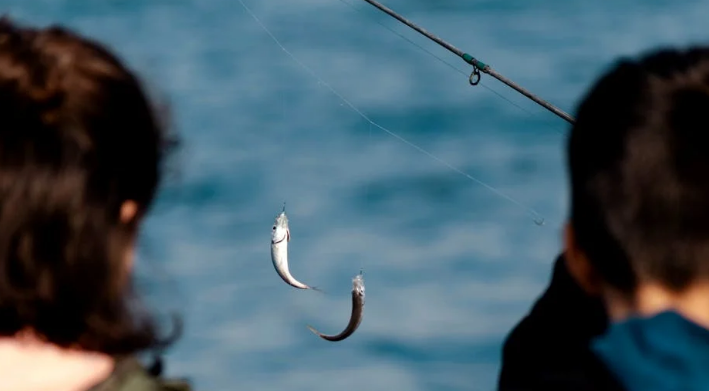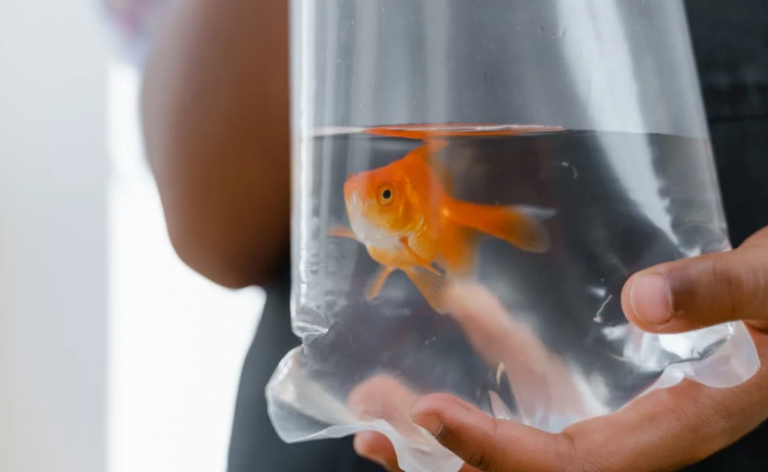Have you ever wondered what happens to fish when they die? You may have seen a dead fish floating in a pond or the ocean. But is this always the case? Do all dead fish float, or do some sink?
This question can be intriguing, especially if you are curious about nature and the world around you. Let’s dive into the science behind what happens to fish after they die. We will explore why some float, why others sink, and what happens to them in different environments.

What Happens to a Fish’s Body When It Dies?
When a fish dies, its body goes through several changes. These changes are due to various factors such as the fish’s body composition, the water temperature, and bacteria inside the fish.
Composition of a Fish’s Body
A fish’s body is made up of many things, including bones, muscles, and organs. It also has swim bladders or air bladders. These are small sacs filled with gas that help the fish control its buoyancy or its ability to float in water.
When a fish is alive, it uses its swim bladder to stay at a certain depth in the water. This bladder can expand or shrink, depending on how much gas is inside. This allows the fish to rise or sink in the water.
Rigor Mortis in Fish
Just like in humans, fish experience rigor mortis after death. Rigor mortis is the stiffening of muscles. This happens because the muscles lose the energy that kept them flexible when the fish was alive.
Rigor mortis usually starts a few hours after the fish dies. During this time, the fish’s body becomes stiff and may sink if it is denser than the water.
Bacterial Activity and Decomposition
Bacteria play a huge role in what happens to a fish’s body after death. These tiny organisms start breaking down the fish’s tissues. As they do this, they produce gases, like carbon dioxide and methane. These gases build up inside the fish’s body.
If enough gas accumulates, the fish may become buoyant and start to float. This process can take several hours to a few days, depending on factors like water temperature and the size of the fish.
Read Also: What Does Snapper Fish Taste Like?
Why Do Some Fish Float While Others Sink?
Not all fish float after they die. Several factors determine whether a fish will float or sink.
Size and Type of Fish
The size and type of fish matter a lot. Smaller fish often float sooner than larger fish. This is because their bodies decompose faster, and gases build up quickly.
On the other hand, large fish take longer to decompose. Therefore, they may sink to the bottom and only float later when enough gas has built up in their bodies.
Fish with large swim bladders are more likely to float. This is because the gas in the bladder can expand after death, making the fish more buoyant.
Water Temperature
Temperature is crucial too. In warm water, bacteria work faster, so the fish’s body decomposes quicker. This means gases build up faster, making the fish float sooner.
In colder water, decomposition happens more slowly. The fish might sink first and then float later as it starts to decompose.
Water Salinity
Salinity refers to how salty the water is. Saltier water is denser than fresh water. This means that fish in salt water are more likely to float after death because the water can support more weight.
In fresh water, fish are more likely to sink initially because the water is less dense and can’t hold as much weight.
How Do Different Environments Affect Dead Fish?
Different environments have a big impact on whether fish float or sink after they die.
Lakes and Ponds
In lakes and ponds, the water is usually calm and can be either fresh or slightly salty. In these environments, fish are more likely to sink first. They float later as gases build up in their bodies.
These environments often have a lot of plant life and other organisms that can speed up the decomposition process. As a result, fish might start floating after a few hours or days.
Rivers and Streams
Rivers and streams are often moving water. In these places, dead fish may sink or float, but they are usually carried away by the current.
In fast-moving streams, the water can keep fish on the bottom. But as the body decomposes and gases build up, it may eventually float to the surface.
Oceans and Seas
Oceans and seas are salty and often have waves and tides. Dead fish in these waters usually float because the salt makes the water denser.
However, strong currents and waves can push the fish back down. Also, in deeper parts of the ocean, the pressure can keep dead fish from floating to the surface.
Read Also: Did Mama’s Fish House Burn in Maui?
Conclusion
So, do fish float or sink when they die? The answer is that it depends.
Factors like the fish’s size, the temperature of the water, and whether the water is fresh or salty all play a role. Typically, most fish will sink first and then float as gases build up in their bodies.
Understanding this process helps us appreciate the complex and fascinating world of aquatic life. It shows us how every part of nature is interconnected, from the smallest bacteria to the largest animals.
Next time you see a fish, remember that it plays a crucial role in its ecosystem. Whether alive or after its death, it contributes to the balance and health of its environment.



